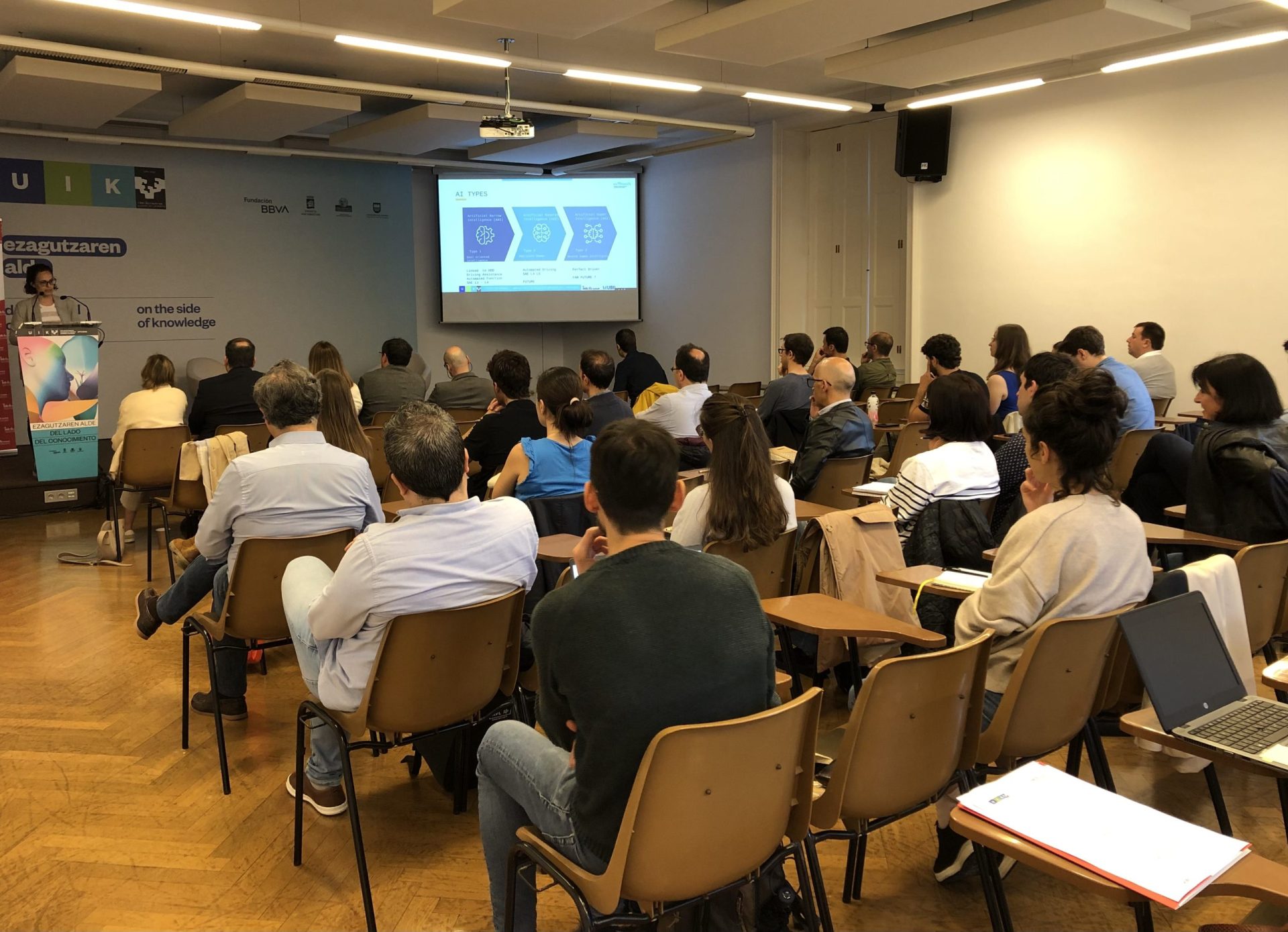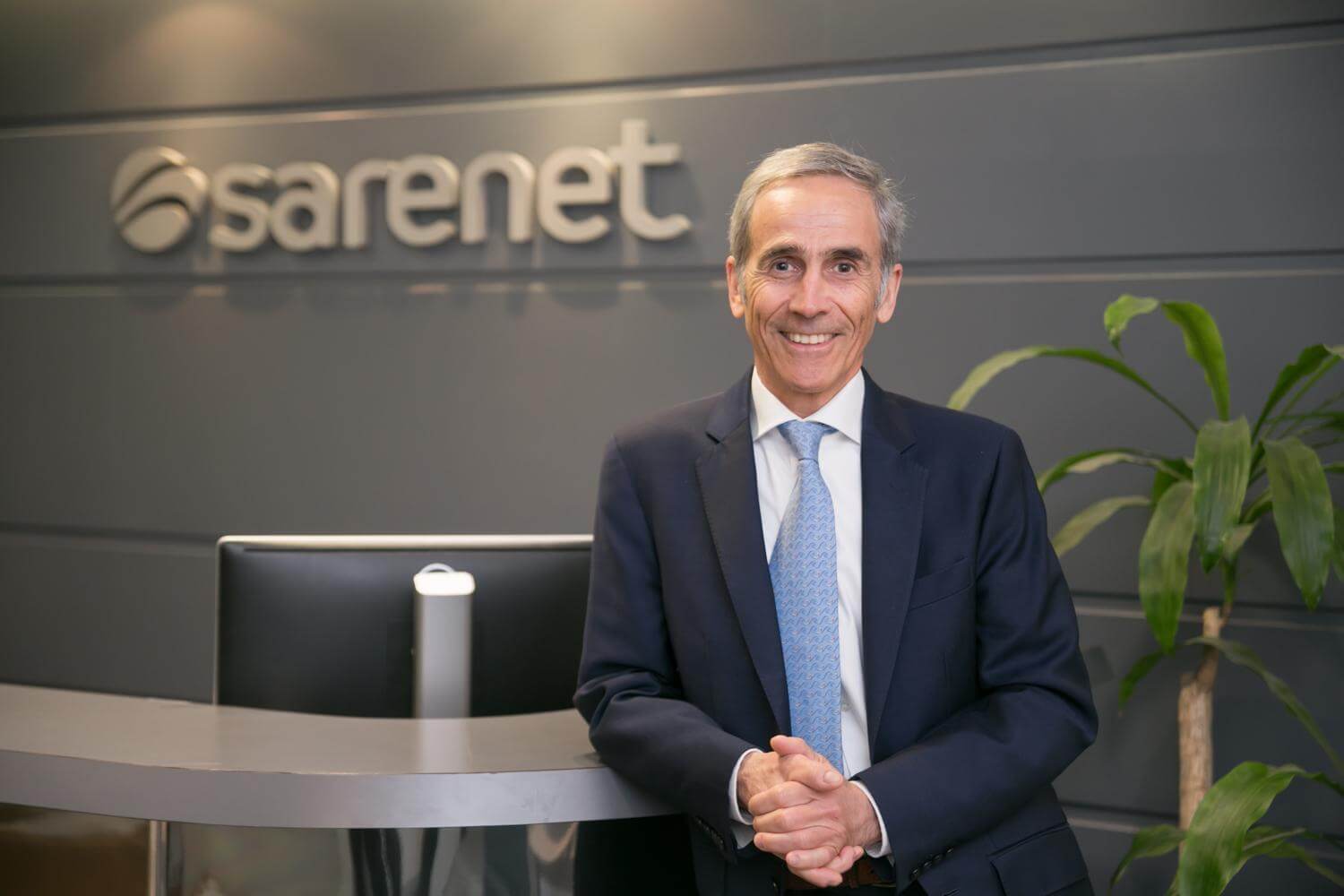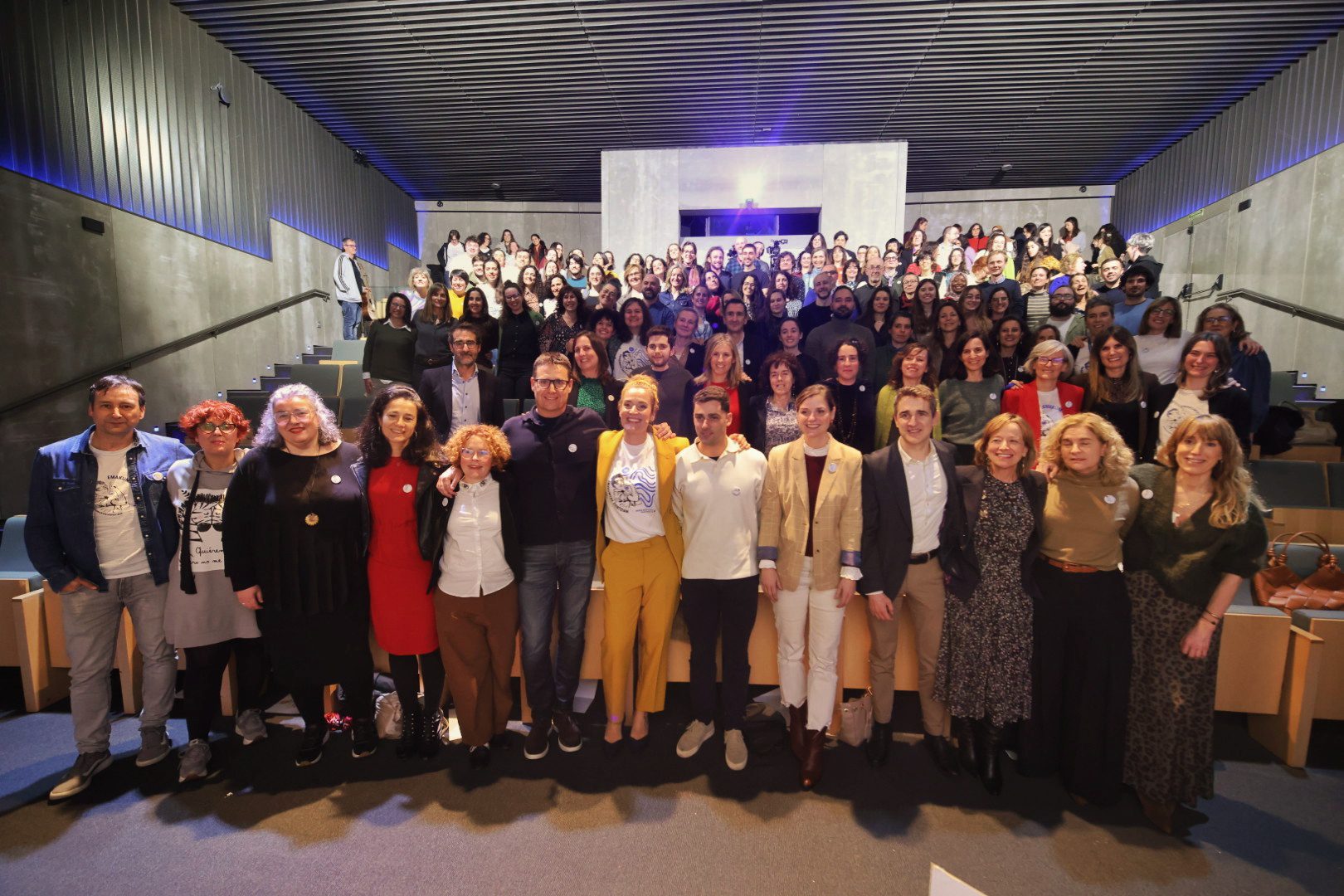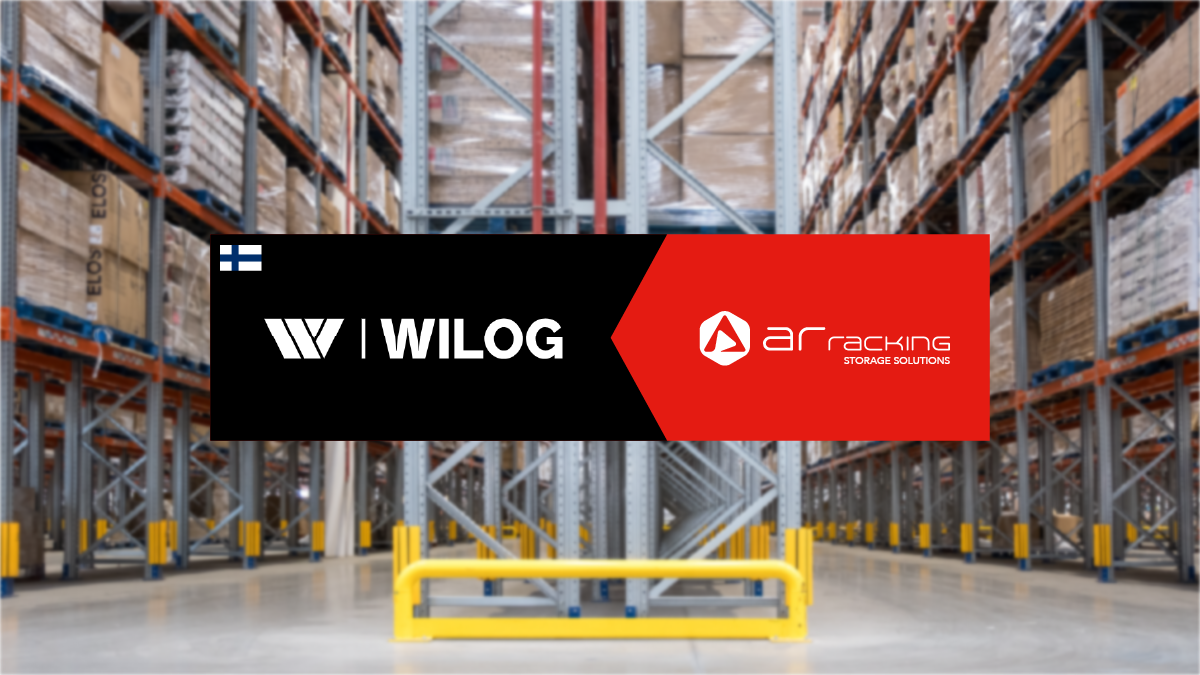Artificial intelligence for ultra-connected mobility

The summer course “The Impact of Artificial Intelligence on Mobility”, organised by the Basque Mobility and Logistics Cluster, was held at the University of the Basque Country, with the support of the Basque Mobility and Logistics Cluster.
The course “Impact of Artificial Intelligence on Mobility”, organised by the Mobility and Logistics Cluster of the Basque Country, was held for the University of the Basque Country, with the support of Mubil. The course offered a comprehensive and updated view of the situation of Artificial Intelligence, providing a vision aimed at facing the challenges it presents and taking advantage of its opportunities. In this sense, both the short and medium-term perspectives were analysed, as well as the vision from the different agents involved: vehicles, infrastructures and mobility, traffic and transport managers, including the essential role of cybersecurity.
Where connected mobility ends and artificial intelligence begins was one of the questions that ran through all the speeches. Beyond the dramatic predictions, all the speakers highlighted a not so dizzying path. In fact, many of the applications of artificial intelligence are already with us, even if they have not yet reached their full potential. Because, artificial intelligence can be seen as the management of a huge amount of data to generate coherent conclusions. This is already being done now. In the future, more information needs to be incorporated, algorithms need to be sophisticated, solutions need to be identified and implemented, and other issues such as reliability and security need to be managed, but mobility is already generating, using and managing data to optimise itself.
After this vision of caution in the face of a not-so-explosive emergence, the speakers responded, each from their own perspective, to the question of what we can expect from artificial intelligence applied to mobility. Oihana Otaegui, director of Vicomtech’s Transport and Security division, stated that “Connected and Cooperative Automated Mobility (CCAM) is flourishing thanks to Artificial Intelligence, which has made remarkable progress with the emergence of sophisticated Deep Learning methods, together with the development of technologies such as communications, microelectronics, sensors and infrastructures. CCAM solutions have harnessed the applicability of AI-based components for perception, situational interpretation and decision making in everything from the vehicle to infrastructure and mobility management”. He added that, in the early 2010s, a great deal of interest emerged in approaches that sought to train end-to-end systems, typically in the form of neural networks, learning highly complex transformations that operate on input data and produce final results for decision-making. These systems revealed that the response of AI components is largely unpredictable in real-world conditions, often causing users to perceive these systems as black boxes due to their lack of transparency and interpretability. It has also become evident that AI can be unfair and biased depending on the training data, and can be extremely sensitive to unexpected inputs.
To prevent the increasing use of AI components in vehicles in particular and in mobility and transport in general from leading us down a path where systems make decisions and we blindly trust them, trusted AI is the next step. To gain social acceptance and a sustainable and ethical development, so-called “trusted AI” is essential and Europe is leading the way thanks to technological and legislative progress (AI Act). This regulatory framework classifies AI systems according to their level of risk and establishes strict requirements for those considered high-risk, such as mobility and automotive applications, including obligations for transparency, conformity assessment and human supervision.
As application examples, Alfonso Brazalez, Director of Sustainable Transport and Mobility at Ceit, highlighted works that are already being developed with the application of Artificial Intelligence. Specifically, he presented examples of use for the identification of road conditions, which affects the availability of roads or the identification of events that hinder visibility, such as fog. These applications, incorporated into the vehicle and integrated management, can provide forecasts and help in making mobility decisions, both from the point of view of private individuals and public transport.
Aritza Aldama, product manager at Kapsch, explained the work they are developing for traffic management with applied AI. Despite the advances, she stressed the need to correctly identify the use cases, i.e. the applications and utilities of this huge amount of data so that they can be used to resolve a situation, beyond obtaining an overwhelming amount of information.
Along the same lines, Javier Rojo, Tolling Manager at Indra, explained how AI, and in particular Deep Learning, is revolutionising the management and improvement of mobility. These technologies allow for the accurate calculation of statistics and real-time traffic monitoring. In addition, the latest advances in artificial vision for the detection and classification of vehicles in toll systems contribute to mobility management in areas such as access to large cities.
Luis Lozano, manager of Ineco’s aerospace systems sub-directorate, offered a global perspective on the advantages and opportunities that AI brings to the management and improvement of mobility infrastructures, highlighting its impact on capacity, efficiency, sustainability and resilience. During his presentation, he addressed key issues such as predictive maintenance to optimise asset operation, the implementation of digital twins that facilitate decision-making and the simulation of different scenarios, as well as the role of generative AI in infrastructure management in an increasingly near future.
Artificial Intelligence and Cybersecurity
The course closed with the essential topic of cybersecurity. The talk by Oscar Lage, head of cybersecurity at Tecnalia, delved into the world of secure computing, exploring its crucial role in protecting the sovereignty and confidentiality of data in the age of Artificial Intelligence. During the session, advanced techniques such as homomorphic cryptography were discussed and how they can be applied to ensure security in the exploitation of AI algorithms.
The Cluster in the Summer Courses
Since 2018, the Mobility and Logistics Cluster of Euskadi has been organising a summer course every year for the University of the Basque Country, with the collaboration of the Provincial Council of Gipuzkoa through Mubil. The aim is to bring Intelligent and Sustainable Mobility closer to new generations of professionals and to identify new areas of knowledge for safer, more efficient and sustainable mobility.




